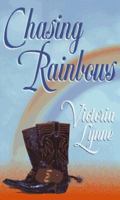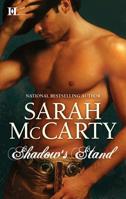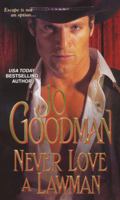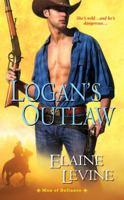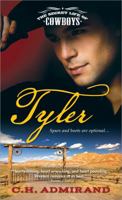You Might Also Enjoy
Book Overview
Emma Lang is always on my must-read list. --Cynthia Eden It is a vast spread in the eastern wilds of the newly independent Republic of Texas, the ranch their parents fought for. . .and died for. To the eight Graham siblings, no matter how much hard work or hard love it takes, life is unthinkable without. . . In the wake of his parents' murder, Matthew Graham must take the reins at the Circle Eight. He also needs to find a wife in just thirty days, or risk losing it all. Plain but practical, Hannah Foley seems the perfect bride for him. . .until after the wedding night. Their marriage may make all the sense in the world, but neither one anticipates the jealousies that will result, the treacherous danger they're walking into, or the wildfire of attraction that will sweep over them, changing their lives forever. . . Praise for Emma Lang and her novels: "A sweet and sensual Western in which the heroine discovers her inner strength with the help of a delightfully sexy hero." --Angela Knight, "New York Times" bestselling author "With a fresh voice and engaging characters, Emma Lang's "Restless Heart" kept me reading late into the night." --Tina Leonard, bestselling author
Format:Paperback
Language:English
ISBN:0758269048
ISBN13:9780758269041
Release Date:February 2012
Publisher:Brava
Length:320 Pages
Weight:0.60 lbs.
Dimensions:0.9" x 5.4" x 8.2"
Customer Reviews
13 customer ratings | 5 reviews
There are currently no reviews. Be the first to review this work.














